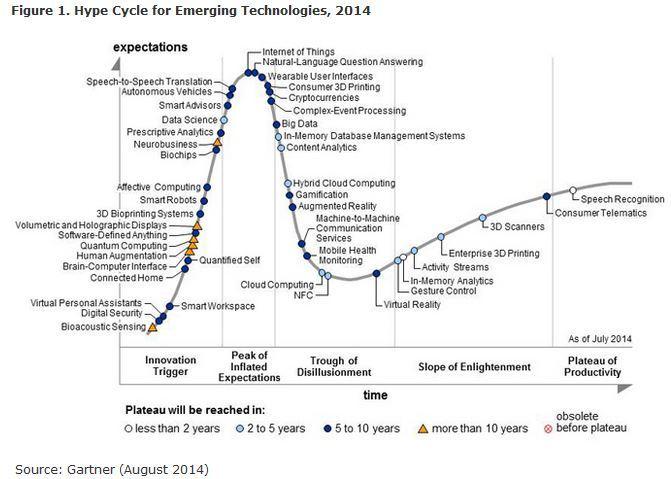Yet another ‘Book By Quote’ then. A full of … one again.
An attempt to subjectively summarise a book by the quotes I found worthwhile to mark, to remember. Be aware that the quotes as such, aren’t a real unbiased ‘objective’ summary; most often I heartily advise to read the book yourself. This one too, yes, but with the caveat that some of below’s quotes have been included to demonstrate the deconstructionalist mumbo jumbo you may have to wade through…
Oh and for the record; I like the book, and major parts of its analysis, but certainly not all of it…
Here we go then, with Negri & Hardt’s Empire, Harvard UP 2000, ISBN 067425121-0:
Every tool is a weapon if you hold it right. (Ani DiFranco) (p.0)
Putting this society to work and ensuring obedience to its rule and its mechanisms of inclusion and/or exclusion are accomplished through disciplinary institutions (the prison, the factory, the asylum, the hospital, the univeristy, the school, and so forth) that structure the social terrain and present logics adequate to the “reason” of discipline. (p.23)
Power is now exercised through machines that directly organize the brains (in communication systems, information networks, etc.) and bodies (in welfare systems, monitored activities, etc.) toward a state of autonomous alienation from the sense of life and the desire for creativity. (p.23)
By contrast, Deleuze and Guattari present us with a properly poststructuralist understanding of biopower that renews materialist thought and grounds itself solidly in the question of the production of social being. Their work demystifies structuralism and all the philosophical, sociological, and political conceptions that make the fixity of the epistomological frame an ineluctable point of reference. (p.28)
The absoluteness of imperial power is the complementary term to its complete immanence to the ontological machine of production and reproduction, and thus to the biopolitical context. (p.61)
Kant throws us back into the crisis of modernity with full awareness when he poses the discovery of the subject itself as crisis, but this crisis is made into an apology of the transcendental as the unique and exclusive horizon of knowledge and action. (p.81)
Whereas Foucault’s analysis is vast in its diachronic breath, Weber’s is powerful in its synchronic depth. (p.89)
Disobedience to authority is one of the most natural and healthy acts. (p.210)
The capitalization of realized surplus value requires that for the subsequent cycle of production the capitalist will have to secure for purchase additional supplies of constant capital (raw materials, machinery, and so forth) and additional variable capital (that is, labor power) – and eventually in turn this will require an even greater extension of the market for further realization. (p.225)
The centrifugal movement of production is balanced by the centripetal trend of command. (p.297)
And a picture to lighten up:
 [Reich]
[Reich]
Continue reading “Book by Quote: Empire”
 [How many tourists would see this ..? Tar’ga Catalunya]
[How many tourists would see this ..? Tar’ga Catalunya]






